Disclosure: Meeple Mountain received a free copy of this product in exchange for an honest, unbiased review. This review is not intended to be an endorsement.
The box for Unreliable Wizard immediately announces its intentions. There’s a lineup of six characters identifiable as the archetypes that populate classic RPGs, each lovingly rendered in 8-bit pixels. The key detail here, the one that shows that Unreliable Wizard designer and artist Kamibayashi knows what he’s about, is the arrow above the wizard’s head. This is no box front. This is a character selection screen.
Your selection, as both the title and the arrow indicate, has been made for you. You are the wizard. Your quest is to defeat the Demon Lord Terra, who waits in the Demon Castle at the far end of the map. In the meantime, you have to make your way across that hexagonal map, moving one space at a time.
Most spaces are there to create the illusion of freedom, to give you the impression that you’re in a wide-open world full of possibilities. They have no other purpose. You enter those spaces, you pay a certain amount of health—travel is exhausting—and you go about your business. Every now and then, though, you encounter a space harboring a monster.
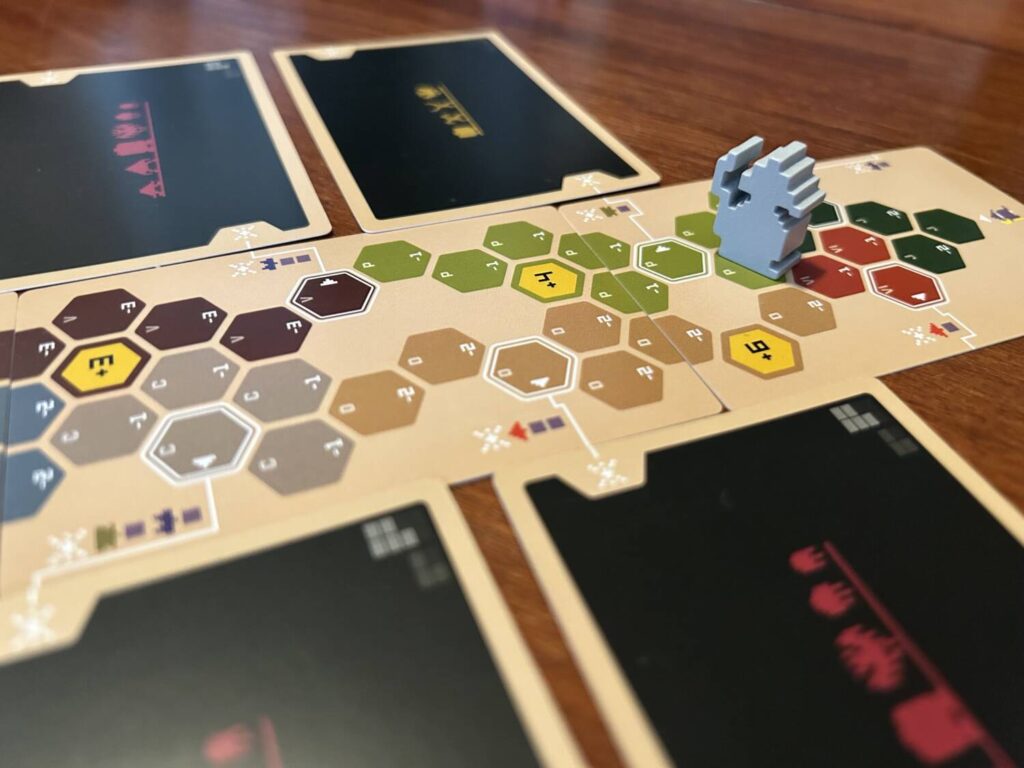
This is not randomly determined. Unreliable Wizard might be a bit more interesting if it were. The eight spots containing monsters are clearly identified, and never change. The bulk of the 20 or so minutes you play are dedicated to these fights, which all follow an identical structure. We run here into a barrier of the written word, because describing that structure makes it sound horribly tedious. It is, in reality, only a touch tedious, and I wouldn’t want to give you a false impression.
Within the world of Unreliable Wizard, there are three different types of magic, represented by the colors blue, green, and red. Your wizardly powers draw on those colors to cast spells that deal damage to your enemies depending on the strength of the spells and the level of the monsters’ resistance. If you don’t deal enough damage to smite your foes, they deal damage back to you.
The spells you can cast are determined by the cards you draw from your deck. Despite the petite profile of that deck—it’s likely to start at only three or four cards— the draw matters a great deal. You don’t just need a green card to cast a green spell, you need the right green card. Each card shows one glyph or another which, if they existed as three-dimensional objects, could be slotted into one another. You need the top glyph in any color to cast a spell. If you only draw bottoms, tough toenails.
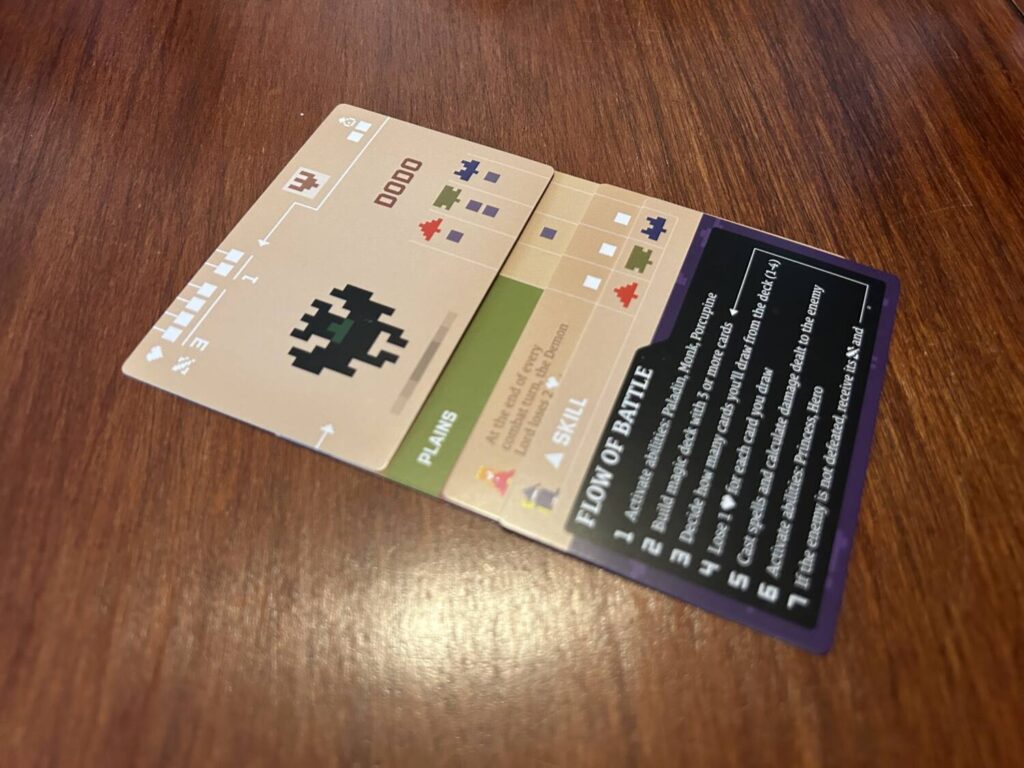
This is where Unreliable Wizard started to lose me. Each card you draw costs you one health, and you have to decide how many cards you’re going to draw before you draw any. That would be fine if I had any amount of control over the deck, but you reshuffle it every round. Given the toughness of most enemies, and the margin of error on drawing the wrong things, why would you not always pay the maximum amount of life to draw the maximum number of cards? Even then, you’re likely to miss the draw you need. Thematic, maybe, given the Unreliability of the whole thing, but thematic ≠ fun.
The ultimate problem with Unreliable Wizard is that it plays itself. Each time you defeat an enemy, you gain either an additional magic card for your deck or a companion, who adds to your magic strength and provides one of two special abilities. The additional magic cards are great when you draw them in the right combinations, but they also add potential dead weight to your deck. The companions, meanwhile, are split between an ability that’s great to unlock early in the game and an ability that’s great to unlock within one or two fights of the big boss. These are not interesting decisions.
As for that wide open map? You take the same path of greatest efficiency every time. There’s no need to vary. It doesn’t make sense to. I was in the bag for Unreliable Wizard, but there’s no sense of story, no sense of tension, and little indication that I’m making any choices that matter whatsoever. With a bit more control, or a bit more randomness, or a mix of both, I think this game could be onto something. As it stands, it’s neither fun nor satisfying. Whatever spell Unreliable Wizard is trying to cast, it fizzles out immediately.
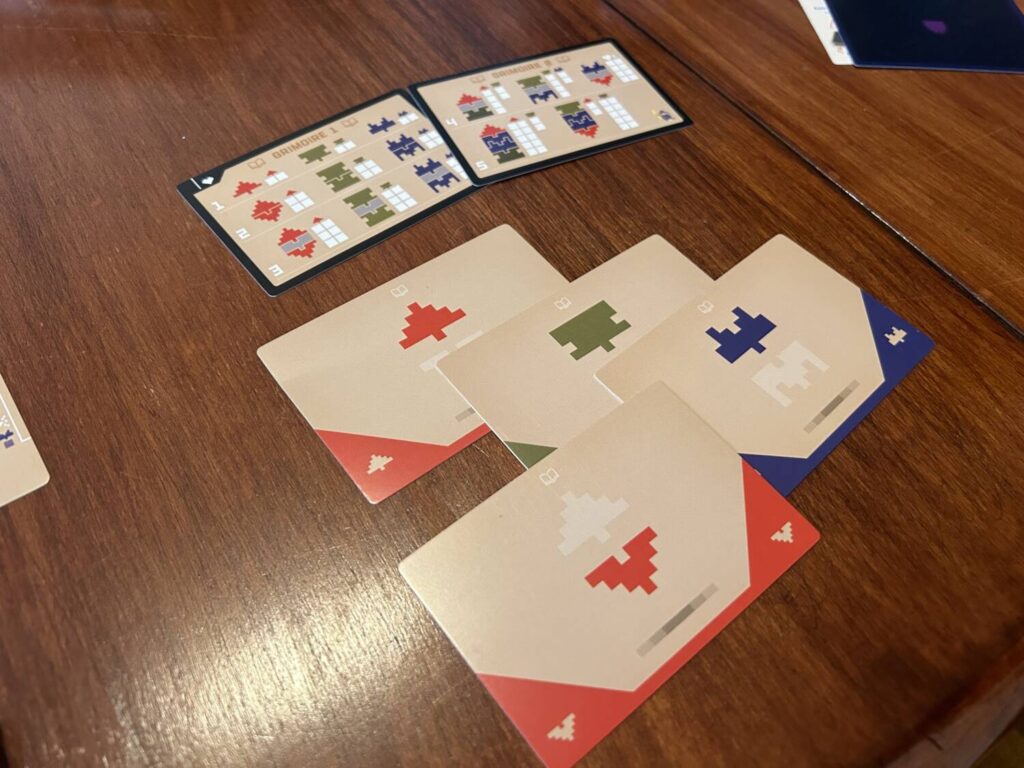


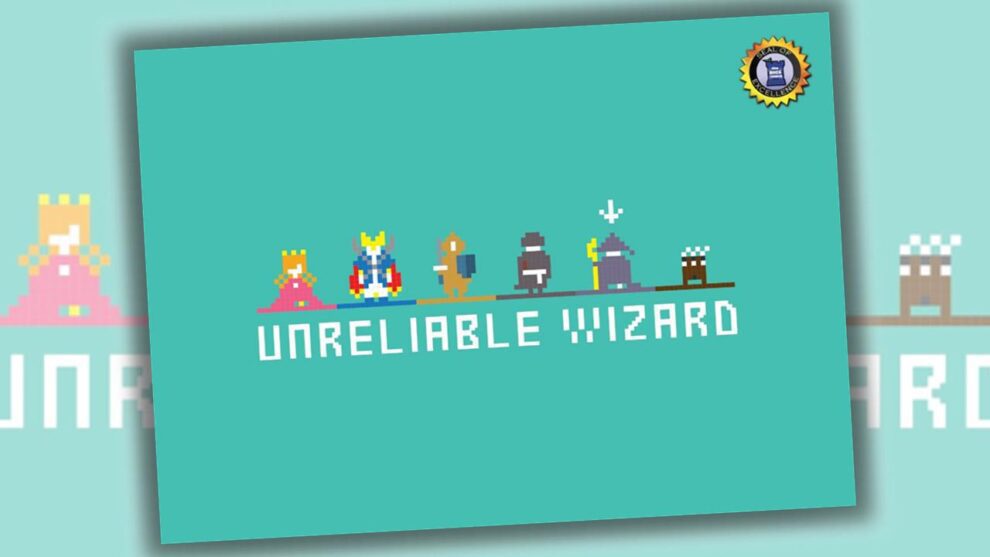
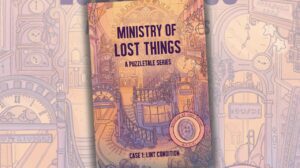
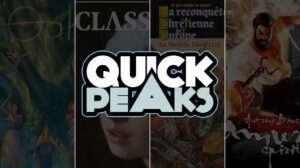
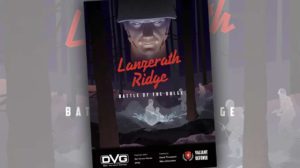
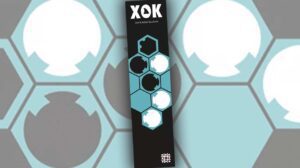




Add Comment